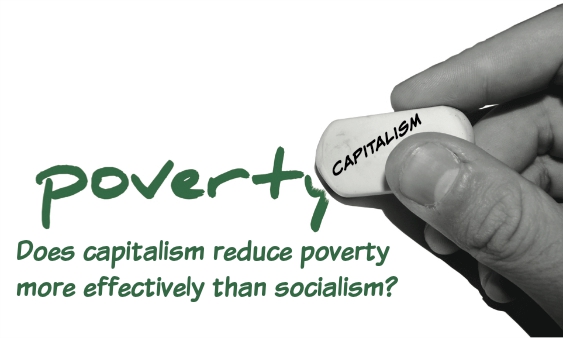By Kerby Anderson
Is poverty in the world increasing or decreasing? Economists are discovering that it has substantially decreased. Kevin Hassett summarizes the data from economists who have been looking at the world distribution of income. By gathering data from many different countries, they have been able to count the number of individuals who live on a $1 per day or less, which is a key measure of poverty.
According to their calculation, the number of people living in poverty so defined has plummeted. The number used to be 967 million in 1970 and is now about 350 million. This trend is even more impressive when you consider that the world population has increased by 3 billion people over the same period of time.
What is the reason for this reduction in poverty? The biggest factor is the emergence of middle classes in previously poverty-stricken China and India. And as capitalism has spread to other countries, there has been a similar impact.
Kevin Hassett makes a bold prediction. He believes that if this current trend continues for just 40 more years, “poverty will have been essentially eradicated from the globe. And capitalism will have done it.”
Does capitalism reduce poverty more effectively than socialism? To answer that question the authors reconstructed the distribution of income for the countries of the former Soviet Union. Back in the days of communism, poverty was much higher than it is today. More open societies with freer market raised annual incomes.
Kevin Hassett believes that the current criticisms of capitalism may be off target. He disagrees with “those who have argued that the current financial crisis has served as proof that capitalism is a failed ideology.” The work of these economists “suggests that there are about a billion people whose lives prove otherwise.”
 Listen Online
Listen Online Watch Online
Watch Online Find a Station in Your Area
Find a Station in Your Area










 Listen Now
Listen Now Watch Online
Watch Online
